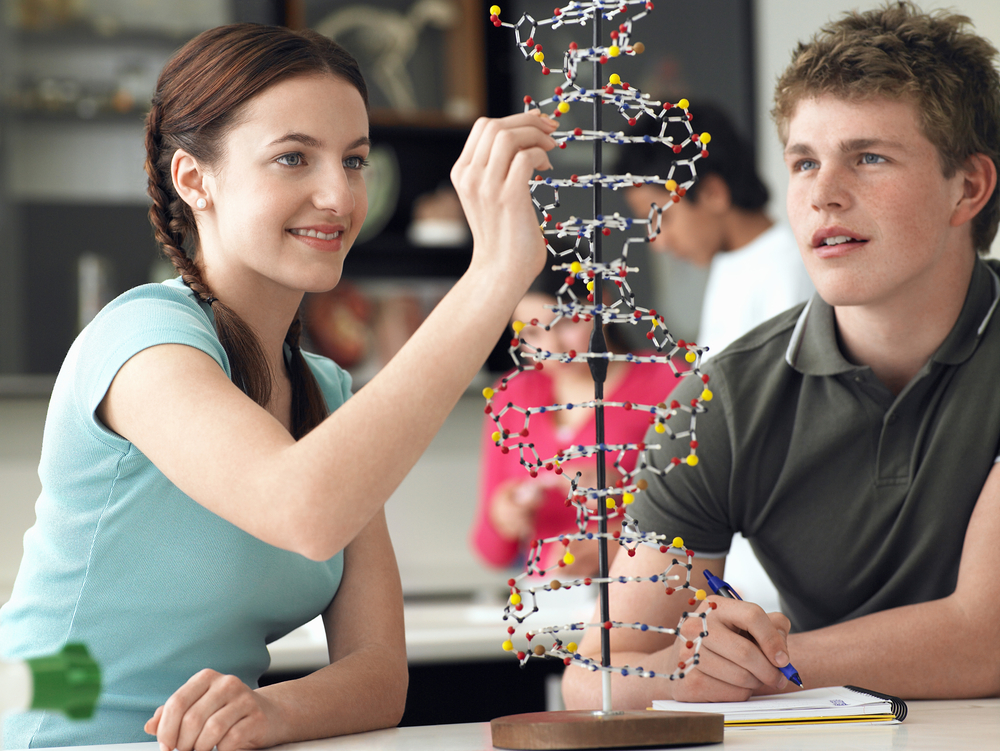Virtually all adults do not remember their lessons from high school. An education system that dulls curiosity and reduces the pursuit of knowledge to rote memorization cannot prepare its pupils for the life challenges that they are sure to face.
Are you smarter than a high school student? Chances are, depending on your definition of “smart”, you might not be. I’ve yet to meet a student who can claim having a parent that has the ability to aid them in all their schoolwork – maybe an AP Chemistry student with a chemist for a mother, or an economics student with a stock broker for a father, but never a secondary school pupil with parents who can help with all the projects, homework, and exams that are demanded of the modern high school student. This is a problem.
Virtually all adults do not remember their lessons from high school.
While parents’ inability to aid their child in her calculus or world geography schoolwork is not an issue in and of itself, it is an indication of how broken our education system is, particularly our public school system. Virtually all adults do not remember their lessons from high school. The reason why? Because they have not used the material that was packed into their head since they finished that geometry course sophomore year.
The high school curriculum is filled with information regarding things like tangents, epistrophes, capitals of countries, and covalent bonds, almost all of which will be placed on a dusty shelf in the back corner of a student’s mind immediately after the completion of a test. Student are lucky if they use even a tenth of their high school education in real life.
Students aren’t taught how to think for themselves, but how to listen to a person at the front of a room reciting information and how to copy down lecture notes so they can score well on the next exam. Instead of finishing with the foundational skills the student needs for the rest of her or his life, the average high school student graduates with a head filled with arithmetic theorems and biology concepts.
Furthermore, because our world progresses so quickly, the knowledge imparted on the secondary school pupil’s mind will likely become obsolete virtually instantaneously. It is impossible for a curriculum that is updated every year to keep up.
Supposing that the material taught in our schools was current and pragmatic, this still wouldn’t be enough. Due to the endless cycle of lesson, homework, study, test, rinse and repeat that is the essence of the high school experience, students don’t have the chance to properly absorb it all.
Quiz after quiz, test after test.
Teachers in public schools have such a massive amount of information that they are required to cover that school has become an endless sequence of quiz after quiz, test after test. Students learn a lesson only to forget it the next week because there is new information demanding their attention. In the place of the inspiration and education that ought to be occurring within school, homework grades and test scores have become the focal point. There is little to no passion involved, merely rote memorization to be spewed out on the week’s exam. Even classes like art and music, that live and thrive off of one’s imagination and creativity, have been reduced to numerical quantifications.
All of these issues result in young adults who are not prepared to compete in today’s ever-changing world. What knowledge is bestowed upon them will be obsolete almost immediately, and graduates don’t have the skills they need to be successful. Our education system must be reformed to better prepare students.
The high school curriculum should emphasize the skills and values students will need for life.
Instead of a focus on out-of-date information, the high school curriculum should emphasize teaching students the skills and values they will need later on in life. The current concentration on test grades and term scores has made the teenagers it seeks to educate into people who are afraid to explore and take risks. When your entire secondary school career is quantified into cold, hard numbers, it becomes difficult to justify thinking outside the box on the often unlikely chance that your risk-taking will be rewarded. This in turn tends to bar imagination, creativity, and passion from a student’s schoolwork, as it becomes easier and easier to think more about the grade, and less about the learning. School should be a place where students can find and understand themselves, where they can figure out what they are passionate about and pursue that passion to the fullest extent. Instead of condemning failure, students should be able to embrace it, and be allowed to learn from it. Instead of focusing on content, curriculum should teach students things like discipline, self-evaluation, hard work, innovation, and resilience. This is the knowledge that we will truly need, the skills and values that we’ll use to deal with whatever life throws at us. Indeed, this is the wisdom that will drive us forward, help us to progress and propel our society onward.
World moves quickly, and the changes will only speed up. As such, it is important for today’s students to have a proper education, so that they can deal with tomorrow’s problems. An education system that dulls curiosity and reduces the pursuit of knowledge to rote memorization cannot even begin to prepare its pupils for the challenges that they are sure to face. We can’t teach our students everything; we can only hope to instill in them the principles and wisdom they will need in the future. Our education system is broken, and it is time that we fix it.















